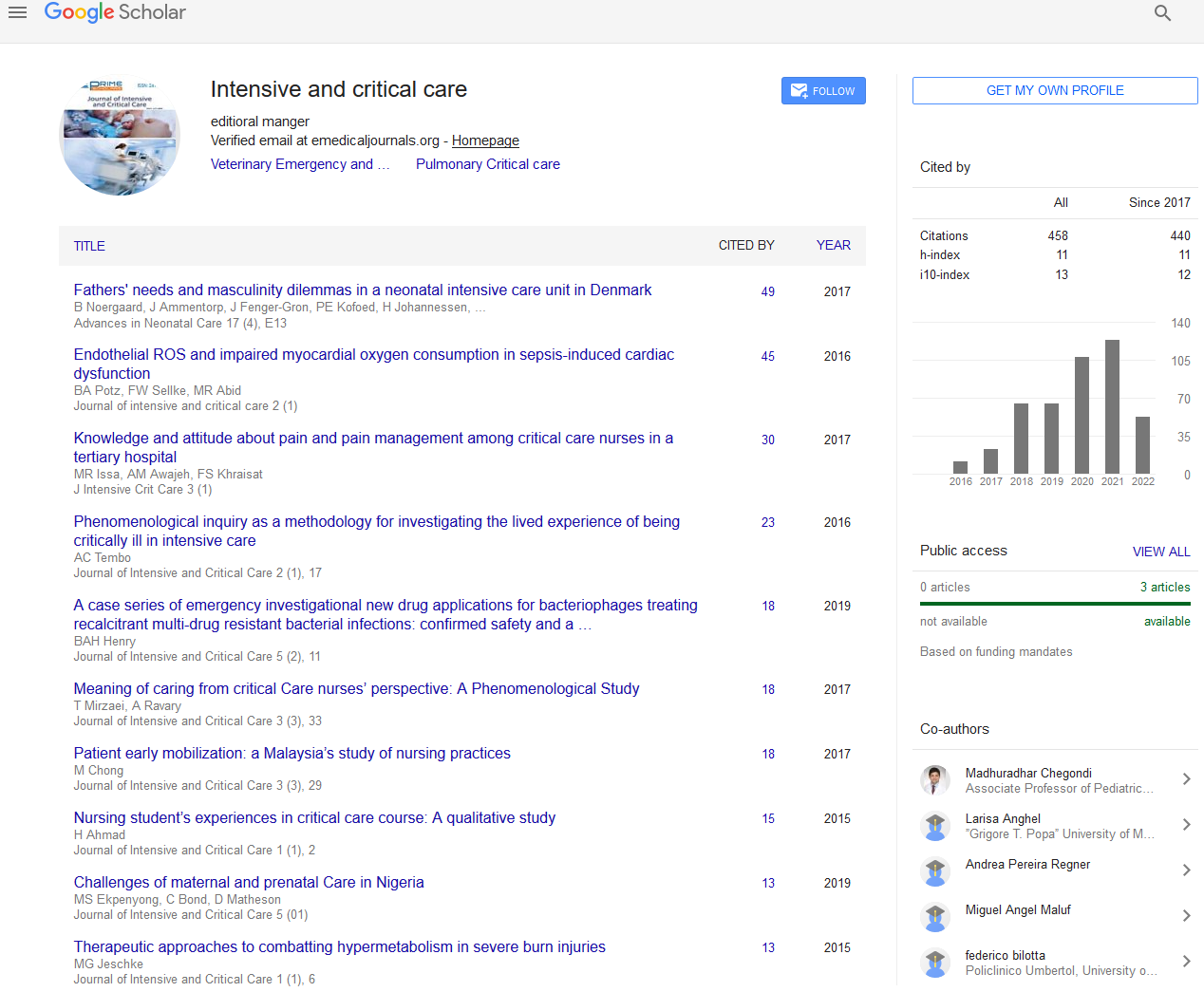Introduction
Obesity and polygenic disease are major causes of morbidity and mortality within us. Proof from many studies indicates that fleshiness Associate in nursing weight gain is related to an enhanced risk of diabetes which intentional weight loss reduces the chance that overweight folks can develop polygenic disease. Every year, associate in nursing calculable United States adults die of causes associated with fleshiness and polygenic disease is that the sixth leading reason behind death. Correspondingly, each fleshiness and polygenic disease generates huge health care prices.
We recently reported that the prevalence of fleshiness and polygenic disease among United States adults enhanced considerably from 1990 to 2000. we tend to used information from the 2001 activity Risk issue closed-circuit television (BRFSS) to look at whether or not these will increase are continued. Additionally, we tend to examine the association between fleshiness and a number of other vital health risk factors, also as self-rated general health.
The BRFSS could be a cross-sectional phone survey conducted by the Centers for wellness management and interference and state health departments. The BRFSS form consists primarily of questions about personal behaviors that increase risk for one or additional of the ten leading causes of death within the us. The BRFSS uses a time period cluster style supported random-digit dialing to pick a sample distribution from every state's no institutionalized civilian residents aged eighteen years or older. Information from every state is pooled to supply across the country representative estimates. A close description of the survey strategies is obtainable elsewhere.
The 2001 BRFSS enclosed queries on health standing, health care access, exercise, cardiovascular disease awareness, cholesterol awareness, asthma, diabetes, arthritis, immunization, tobacco use, alcohol consumption, firearms, disability, physical activity, glandular carcinoma screening, large intestine cancer screening, and human immunological disorder virus or no heritable immunological disorder syndrome.
We used information on self-reported weight and height to calculate Body Mass Index (BMI), calculated as weight in kilograms divided by the sq. of height in meters. Participants were classified as overweight (class 1) if their BMI ranged from twenty five through twenty nine. We tend to additional divided fleshiness (BMI ≥ 30) into two levels to research the association between BMI teams and medical conditions. "About what proportion does one weigh while not shoes?" and "About however tall are you while not shoes?" Diagnosed polygenic disease was assessed by asking, "Have you ever been told by a doctor that you just have diabetes?" the solution was coded affirmative or no to be almost like our previous reports. Those with physiological condition polygenic disease were thought-about to possess polygenic disease. The kind of polygenic disease wasn't assessed.
High force per unit area was assessed by asking, "Have you ever been told by a doctor, nurse, or different professional person that you just have high blood pressure?" High cholesterol was assessed by asking, "Have you ever been told by a doctor, nurse, or different professional person that your blood cholesterol is high?" respiratory disease was assessed by asking, "Have you ever been told by a doctor, nurse, or different professional person that you just had asthma?" inflammatory disease was assessed by asking, "Have you ever been told by a doctor that you just have arthritis?" Health standing was assessed by asking, "Would you say that normally your health is: glorious, very good, good, fair, or poor?"

